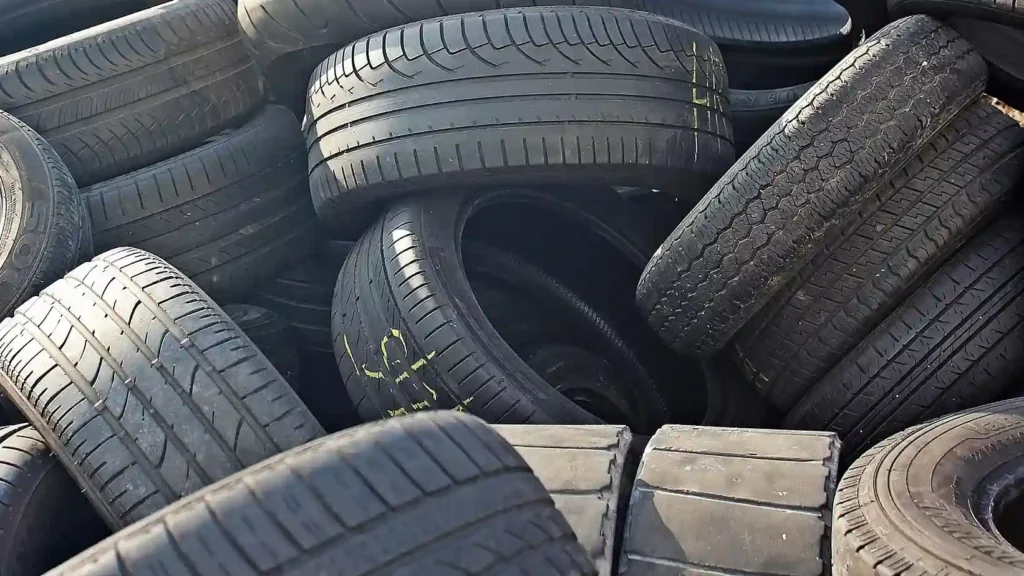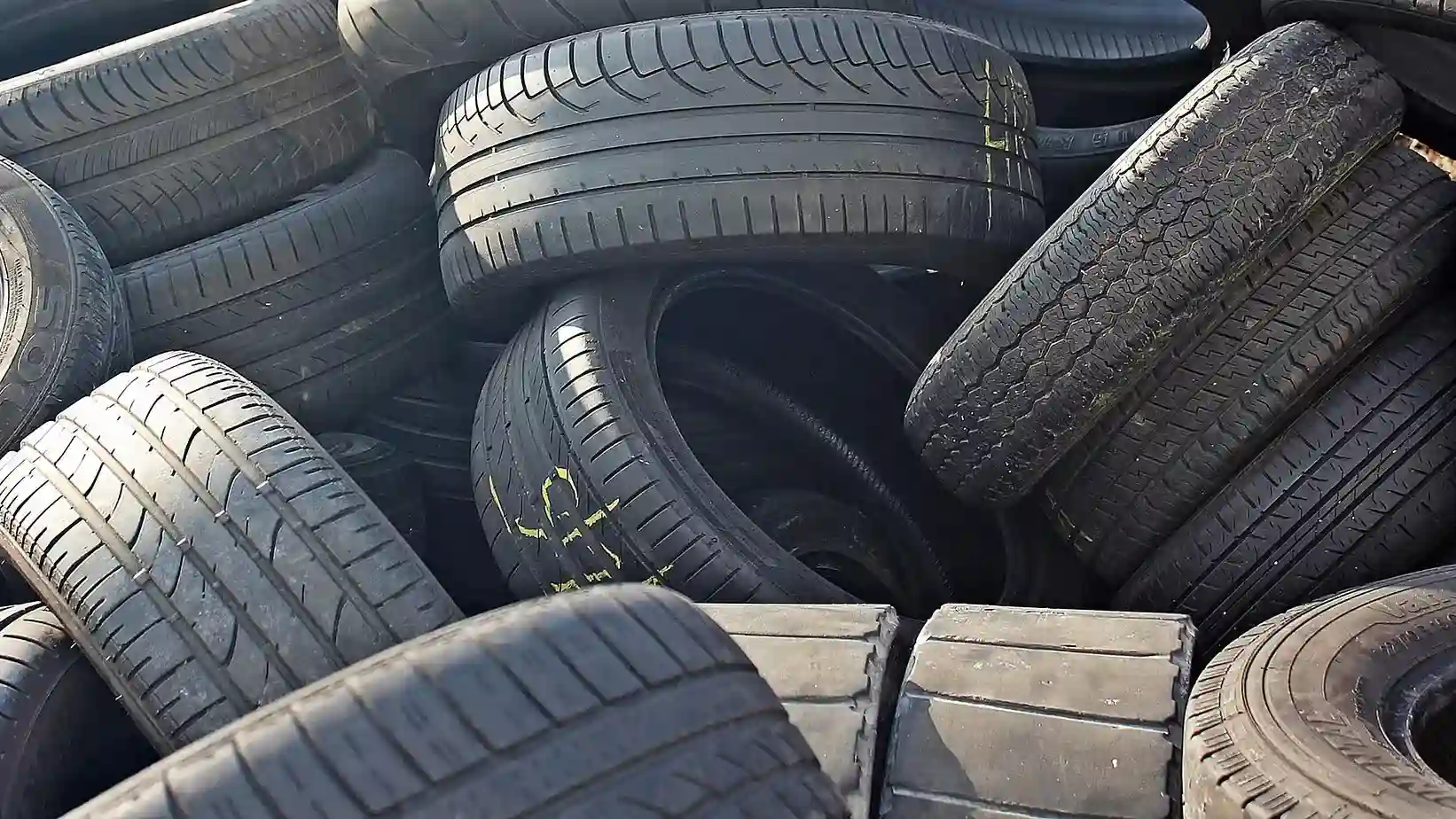Here’s a tire recycling guide to help you recycle your tires the right way.
Every year, millions of tires reach the end of their life. And, without proper disposal, they can become a serious environmental hazard. Tires take hundreds of years to decompose, and when left in landfills or illegal dumps, they pose fire risks, attract pests, and release toxic chemicals. The good news? Tires are incredibly recyclable, and there are many sustainable ways to give them a second life.

Why Recycling Tires Matters
Old tires are more than just waste, they're a valuable resource. When recycled, tires can be transformed into useful products such as:
- Rubber mulch for playgrounds and landscaping
- Fuel for industrial facilities
- Rubberized asphalt for safer, quieter roads
- Construction materials and athletic surfaces
By recycling tires, you're reducing landfill use, preventing pollution, and supporting a circular economy.
Step-by-Step: How to Recycle Your Tires
1. Check If Your Tires Can Be Retreaded or Reused
Before recycling, assess the condition of your tires:
- Tires with minimal tread wear may be eligible for retreading: a process that gives them a new tread layer and extends their life.
- If still usable, donate them to local organizations, farms, or individuals in need.
2. Use a Tire Retailer’s Recycling Program
Many tire retailers offer tire recycling services when you purchase new tires. This is one of the easiest and most environmentally sound options. Just ask your installer:
- “Do you recycle the old tires?”
- “Is there an extra fee?” (Often, it's only a small charge.)
3. Visit a Local Recycling Center
If you're not buying new tires, look for a local hazardous waste center or recycling facility that accepts tires. Call ahead or check their website to confirm:
- Accepted tire types (passenger, truck, off-road)
- Quantity limits
- Drop-off fees
Please note that most places require that tires must be removed from steel rims.
4. Attend Community Tire Collection Events
Cities and counties often hold free or low-cost tire drop-off events to reduce illegal dumping. These are especially common in the spring and fall. Search your city or county’s website or call your local waste management authority.
5. Consider Upcycling for DIY Projects
If you’re the creative type, consider upcycling old tires into functional or decorative items:
- Garden planters
- Outdoor furniture
- Playground swings
- Pet beds
Just be sure the tires are clean and safe to handle.
What Not to Do with Old Tires
- Don’t burn them:
- Burning tires releases toxic chemicals into the air.
- Don’t dump them illegally:
- It’s often a punishable offense and harms the environment.
- Don’t leave them outdoors:
- Tires collect rainwater and become breeding grounds for mosquitoes.
Tire Recycling is Simple
Tire recycling is easier than many people realize! And it is one of the simplest ways to reduce your environmental impact. Whether through a retailer, recycling center, or a DIY project, giving your old tires a new purpose keeps our communities cleaner and our planet healthier.
Next time you replace your tires, don’t let them sit and rot—recycle them the right way!

